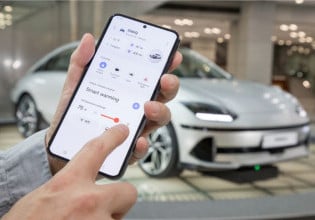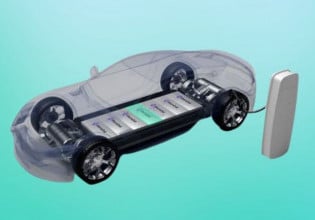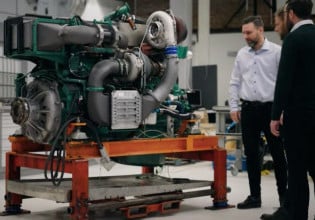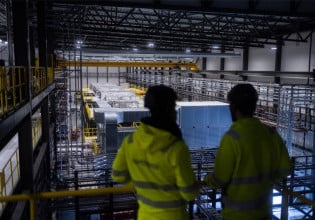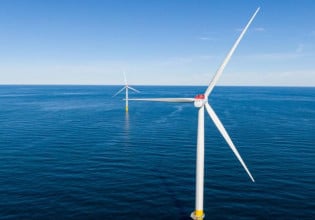Google unveiled a $4.4 trillion plan to reduce the U.S.’s dependency on fossil fuels and embrace alternative energy. The company states that the proposal would yield a net savings of $1 trillion by 2030 and slash U.S. carbon dioxide emissions by 48%. The plan involves weaning the U.S. off coal for producing its electricity and turning instead to wind, solar and geothermal power. It would also cut oil use in cars by 40% and use electricity for personal transportation. Google said its goal in announcing the plan, called Clean Energy 2030, is to stimulate debate.
According to the company blog, "With a new administration and Congress, the U.S. has a very real opportunity to transform our economy from one running on fossil fuels to one largely based on clean energy. We are developing the technologies and know-how to accomplish this. We can build whole new industries and create millions of new jobs. We can reduce energy costs, both at the gas pump and at home. We can improve our national security. And we can put a big dent in climate change. With strong leadership we could be moving forward on an aggressive but realistic timeline and an approach that balances costs with real economic gains."
Google is calling for immediate action on three fronts. To begin with, there should be a reduction of energy demand through energy efficiency – adopting technologies and practices that allow for doing more with less. Google identified $5 million in building efficiency investments with a 2.5 year payback. It also designed its own data centers to run more efficiently, and believes that they are the most efficient in the world. On a smaller scale, personal computers can also become much more efficient. A typical desktop PC wastes nearly half the power it consumes. Last year, the company helped create the Climate Savers Computing Initiative to raise energy efficiency standards for personal computers and servers. The company states that meeting these goals could cut energy consumption by the equivalent of 10-20 coal-fired power plants by 2010.
Googlersquo;s data centers draw from a U.S. electricity grid that relies on coal for 50% of its power. The company wants to help catalyze the development of renewable energy that is price competitive with coal. The company states that at least three technologies show tremendous promise: wind, solar thermal, and advanced geothermal. It is stated that each of these is abundant and, when combined, could supply energy in virtually every region of the U.S.
This year Google has invested over $45 million in startup companies with breakthrough wind, solar and geothermal technologies through its Renewable Energy Cheaper than Coal (RE<C) initiative. The company states that there is a need to unleash massive private investment in clean energy. The government can have a big impact here as well. Google is calling for dramatically increased federal R&D and enactment of measures supporting the rapid deployment and scaling of clean technologies such as long-term tax support and a national renewable energy standard. The company states that progress will be accelerated when the price of carbon reflects its true costs to society. It is claimed that putting a price on carbon through cap-and-trade or a carbon tax would help address this.
According to Google, a "smart grid" allows drivers to charge when electricity is cheap, and maybe even make some money by selling unused power back to the grid when it’s needed. Plug-in cars are on their way, with GM, Toyota and other manufacturers planning introductions in the next two years. However, to successfully put millions of plug-in cars on the road and and fuel them with green electricity, it is stated that there is a need for a smart grid that manages when drivers are charged and how they’re billed. A smart grid could also provide for the two-way flow of electricity, as well as large-scale integration of intermittent solar and wind energy. It is stated that much of the technology in the current electrical grid was developed in the 60s and is wasteful and not very smart. Google is partnering with GE to help accelerate the development of the smart grid and support building new transmission lines to harness the vast renewable energy resources of the United States.


